The School of Science and Technology offers a wide range of diverse academic programmes within its four departments. In total, there are over 41 programs, including certificates, diplomas, bachelor’s, master’s, and doctoral degrees. The School achieves its commitment to the highest quality education by maintaining a rigorous focus on academic excellence through applied science research and using innovative and flexible technology-based instruction models to enhance our signature areas: industrial laboratory technology, food science and technology, industrial physics, environmental management and technology, software engineering, information systems and IT, Cybersecurity, Robotics engineering, artificial intelligence, public and environmental health sciences, mathematical and statistical sciences, consumer sciences and actuarial sciences.
Through teaching, research, and community engagement, the school’s rich and diverse research expertise and its current multicultural student-centered focus provide a firm foundation for its endeavors. It serves the needs and aspirations of individuals and society; producing graduates for leadership roles in science and technology.
Academic Members of Staff
Educated in Malawi and abroad, the dedicated academic members of staff under this faculty do not only teach modules in their respective departments but also service departments in other schools at MUBAS. Notably, they conduct research that is both theoretical and practical. Also, they are actively involved in collaborative efforts with non-governmental organizations, Malawi government, foreign governments, and faculty at other universities. Research conducted by academic members of staff in this faculty has been published in national and international journals.
Centres
The Centre for Water, Sanitation, Health and Appropriate Technology Development (WASHTED) is housed under this school. The importance and relevance of this centre to research and other collaborative consultancies cannot be overemphasized. It has a team of researchers assembled from virtually every school at MUBAS. Moreover, although the centre operates from the main campus at MUBAS in Blantyre, its impact has a national and global reach, as it is engaged in issues to do with access to potable water, sanitation, hygiene, and renewable energy & amp; technologies, to name a few.

